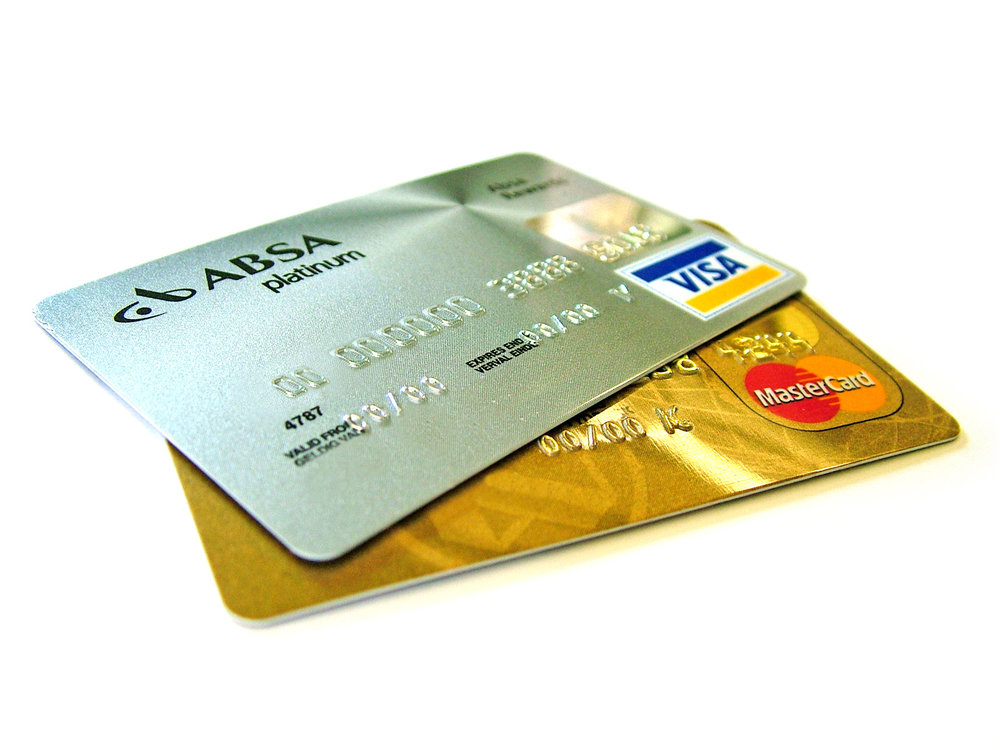
Married? In a relationship? You know the sticky feeling of trying to manage finances with another cook in the kitchen. Making money decisions can be more complicated than coq au vin, but it's a necessity in everyday life.
For tips on how to succeed, check out these rules from a couple who have been married for 29 years. This list is hanging on their refrigerator, and although it's not for everyone, it can definitely be freeing for some couples if you make it your own.
Disclaimer (for a second time): These rules aren't the gold standard by any means, though there are some gems in here. Use it as a starting point for your own rules!
Rule No. 1: Agree that neither of you can make a purchase above $75 without first consulting the other. (Sage & Mint note: our limit is $50)
Rule No. 2: Agree that there will be no secret bank accounts, no earnings that are not disclosed, no undisclosed loans and no secret credit cards.
Rule No. 3: Join all your finances together. (Sage & Mint note: you're a team now, act like one!)
Rule No. 4: It should take two “Yeses” for any major financial decision. That means if one of you disagrees with a purchase or an investment, it won’t happen.
Rule No. 5: Budget will be strictly adhered to, except in cases of emergency. (Sage & Mint note: #strugglebus)
Rule No. 6: Budget will be reviewed at the end of each month. (Sage & Mint note: #strugglebuspart2)
Rule No. 7: If fun money ($100 each per month) has been spent, it is spent. There will be no arguing, pouting, name-calling or fighting. (Sage & Mint note: this was a GAME CHANGER for us. Highly recommended.)
Rule No. 8: Personal money does not have to be spent in that month and may be carried over. There is no borrowing against future months.
Rule No. 9: A car fund will be established and money — no less than $50 — placed into it every pay period, to be reviewed after three months. (Sage & Mint note: or a house fund, or a vacation fund, you get the idea)
Rule No. 10: $400 ($200 each) in “magic money” will be allotted out of bonuses, with the rest going to either long-term needs or savings. (Sage & Mint note: love this idea. Brilliant.)
That's it, folks. These rules worked wonders for this couple; you can have your own set, however loose or rigid. The idea is to have a code of reference when those inevitable money disputes break out. Set yourself up for success, and don't forget date night.
This list is created by Judi and Christopher Chesley, put into an article by the amazing Michelle Singletary, and came to me by carrier pigeon from my dad. The world is so connected.


